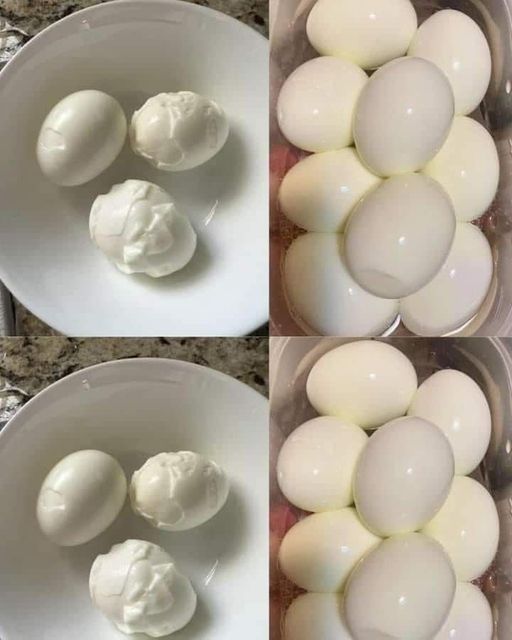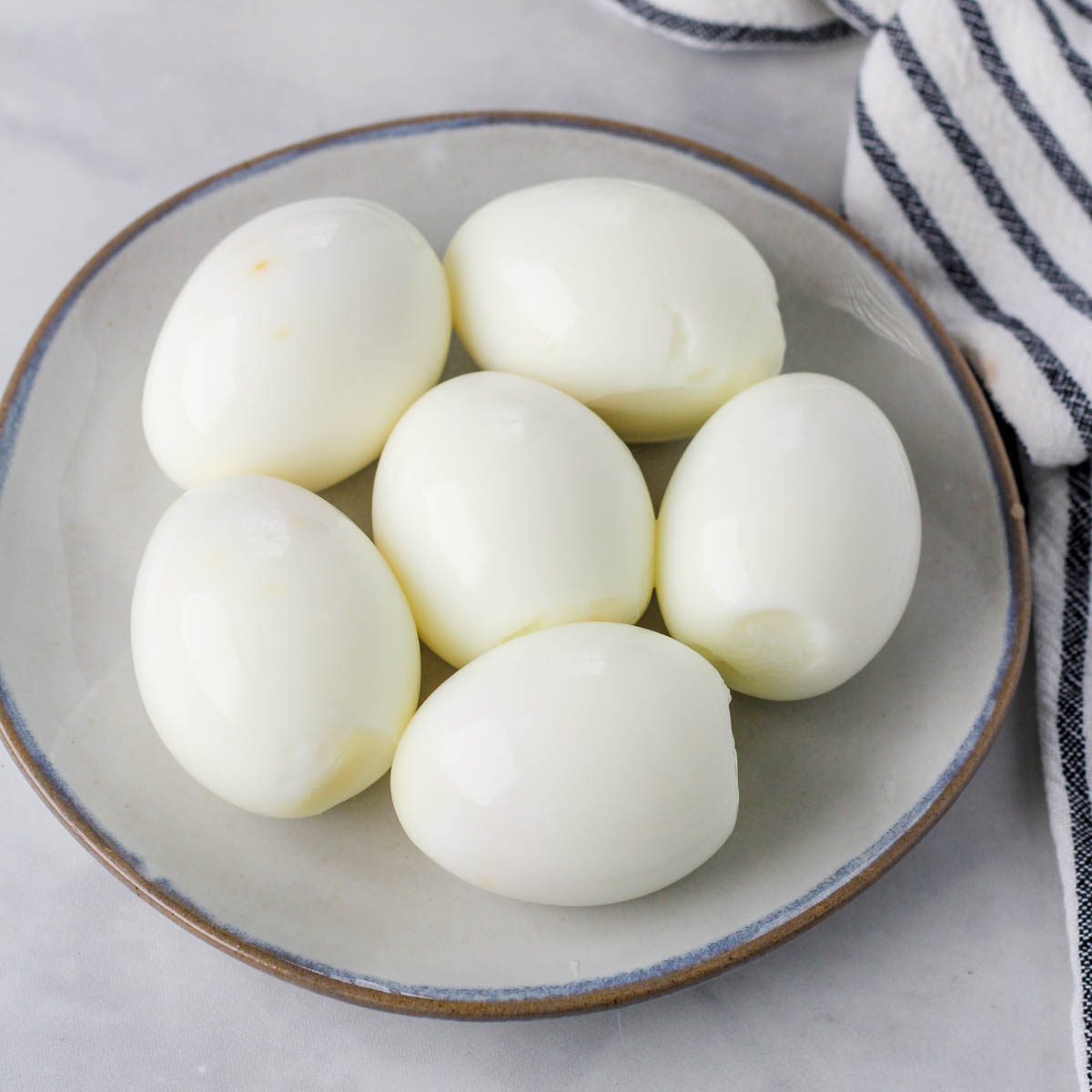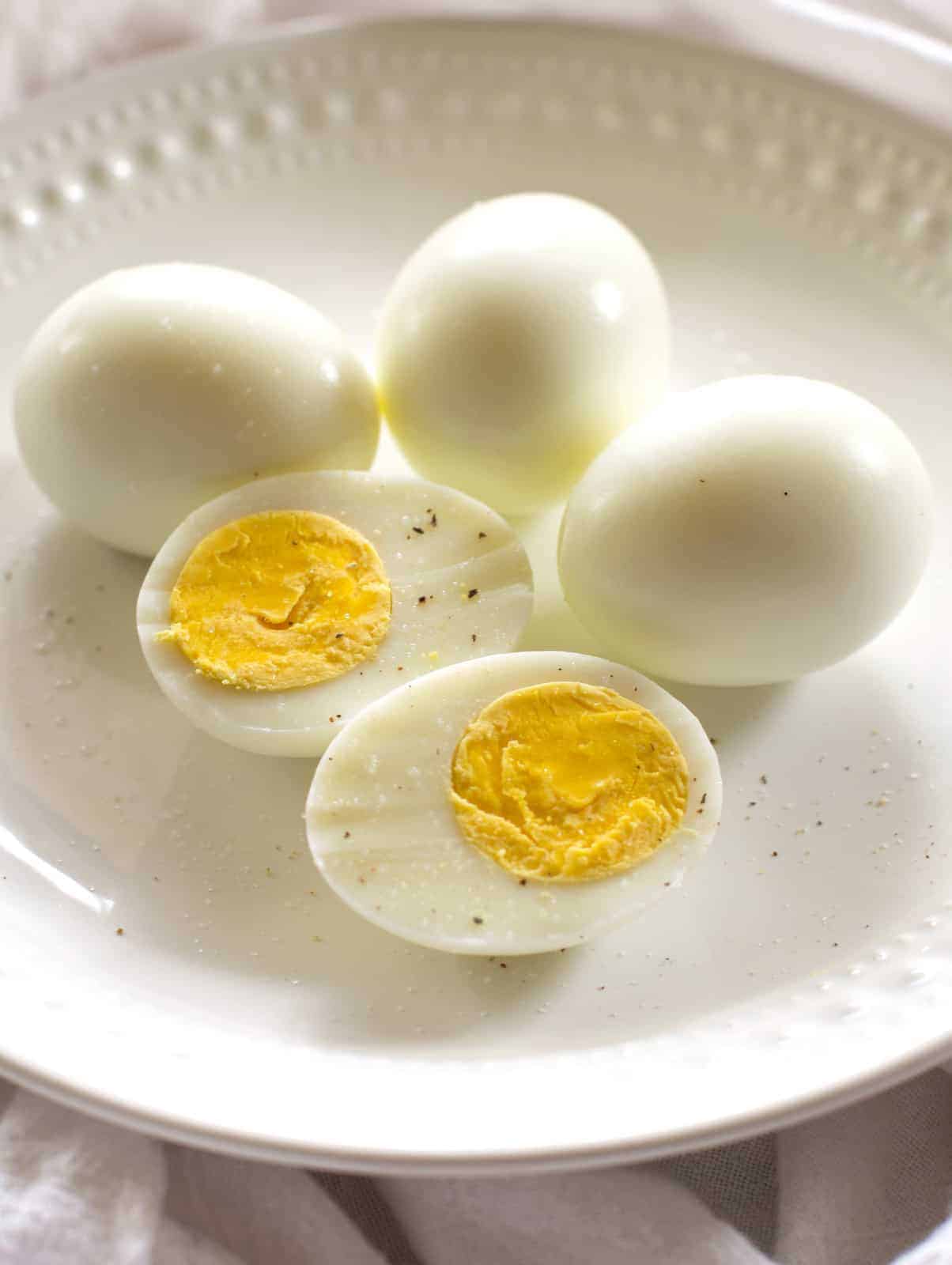Hard-boiled eggs are a go-to in the kitchen thanks to their flexibility, health benefits, and simple cooking process. Yet, getting the shell off cleanly can be a tricky challenge, often resulting in broken shells and damaged egg whites.
If you’ve been through this struggle, rest assured, you’re not the only one. Luckily, French celebrity chef Jacques Pépin has revealed a smart trick to ensure you get smooth, perfect eggs every time.

Why Are Hard-Boiled Eggs So Hard to Peel and they always stick to their peel ?
The challenge of peeling hard-boiled eggs is due to the air pocket inside them. As the egg cooks, this air pocket grows and forces the egg white against the shell, making it harder to peel—especially when dealing with fresher eggs, where the membrane between the shell and white remains intact and strong. If you don’t adjust your cooking technique, you might struggle with stubborn shells that refuse to come off.
The Chef Jacques Pépin Trick: A Simple Hack for Easy Peeling Eggs
Chef Jacques Pépin has introduced an ingenious yet simple solution to this common problem. His trick? Poking a tiny hole in the broad end of the eggshell before boiling. This small hole allows the air pocket to escape during cooking, which prevents the shell from sticking to the egg white. With this method, peeling your eggs becomes an effortless task.

How to Perfectly Poke the Hole: Step-by-Step
Although the concept is simple, a few key steps ensure you get the best results. Follow these instructions:
Choose Your Eggs: First of all, choosing eggs is one of the most vital key to get hard-boiled eggs with perfect peeling. While this method works for eggs of any age, older eggs tend to peel more easily. If you’re using very fresh eggs, you may still need to be a bit more careful when peeling.
Get the Right Tool: You don’t need anything fancy. A pin, needle, or thumbtack will work perfectly to create a tiny hole in the eggshell without cracking it.
Poke the Hole: Hold the egg firmly and use your tool to gently create a small hole at the wider end of the egg, where the air pocket is located. This allows the air to escape as the egg cooks.
Be Gentle: The hole should be small enough to release the air but not so large that it cracks the egg. A delicate touch is key to keeping the egg intact.

Boiling the Eggs: Tips for Perfect Results
Once you’ve prepped the eggs with a small hole, follow these steps to cook them to perfection:
Boil the Water First: Bring a pot of water to a rolling boil before adding the eggs. This helps you better control the cooking time.
Lower the Eggs Gently: Use a slotted spoon to gently place the eggs into the boiling water, which helps prevent cracks and ensures even cooking.
Timing Is Key: For soft-boiled eggs, cook for about 6 minutes. For medium-boiled, aim for 8–9 minutes. For hard-boiled, let them cook for 10–12 minutes, adjusting based on your preferred yolk consistency.
Use an Ice Bath: After the eggs are done, immediately transfer them to an ice water bath. This halts the cooking process and helps further loosen the shell, making peeling even easier.
With this simple hack, peeling hard-boiled eggs will no longer be a challenge, leaving you with perfectly smooth eggs every time!

